Seismic Super-resolution Leveraging Machine Learning Techniques
Please login to view abstract download link
Earth imaging is central to our ability to understand our planet and is important for exploration for critical minerals and geothermal energy resources, detection, and mitigation of natural hazards such as earthquakes and the study of plate tectonics. As a result, there is a need for more precise images of the earth’s interior. However, as this imaging process is ill-posed and lossy, the images obtained are inevitably a blurry version of the truth. This makes it challenging to robustly interpret results and draw inferences about geophysical systems. In our attempt to improve the quality of these images, we will explore opportunities for ‘seismic super-resolution’: generation of higher-resolution images by combining observed data with prior knowledge about likely structures and the physics of wave propagation. In order to achieve this, we draw on ideas from homogenization theory, which aims at computing larger-scale effective properties of a medium containing small-scale heterogeneities [1]. We will also explore some machine learning techniques for numerical upscaling, particularly physics-informed neural networks – which enable us to ensure that the underlying laws of physics are embedded within results [2]. In this presentation, we will highlight some of the challenges and opportunities in this approach and present some early results from numerical experiment

